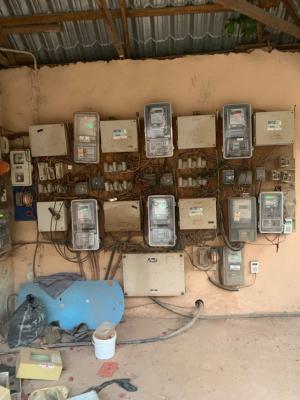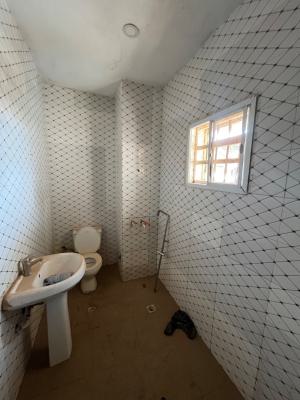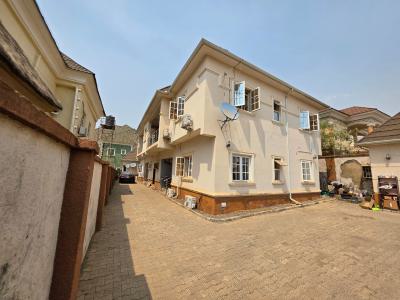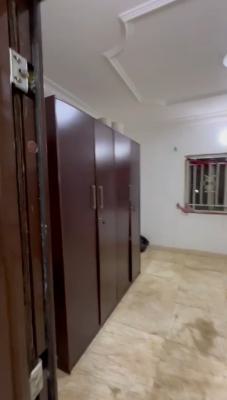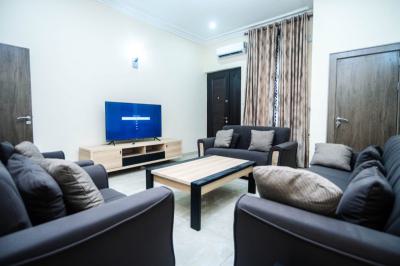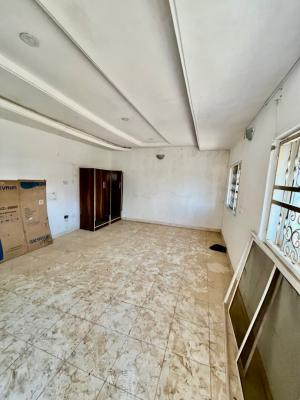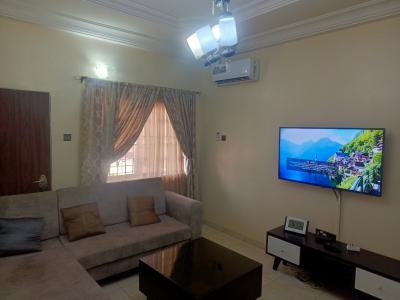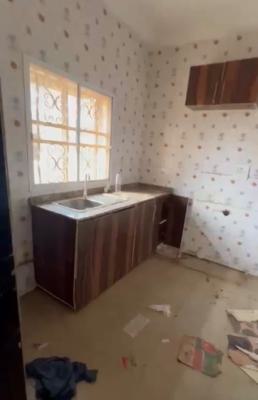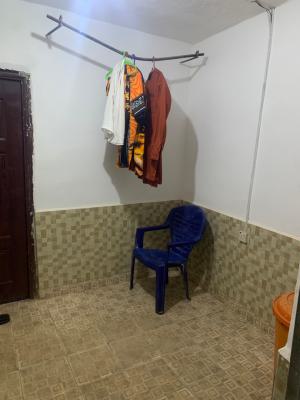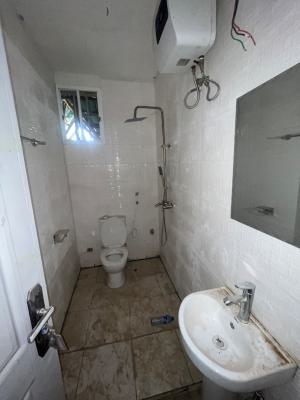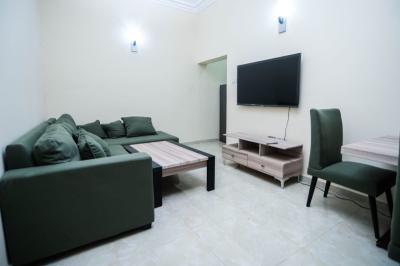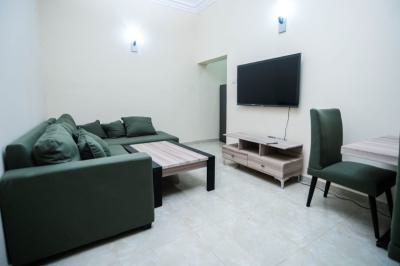1 Bedroom Flats for Rent in Apo, Abuja
Quick Filters
Subtypes Localities Areas Sub Areas Furnishing
14
1 bedroom mini flat (room and parlour) for rent
Legislative Quarters, Apo, Abuja ₦2,500,000 per annum1 bedroom mini flat (room and parlour) for rent
Along Apo Primary / Wumba District Axis, Apo, Abuja ₦1,500,000 per annum1 bedroom mini flat (room and parlour) for rent
By Apo Primary School, Apo, Abuja ₦2,200,000 per annum1 bedroom mini flat (room and parlour) for rent
By Aqua Marine Estate, Apo, Abuja ₦1,500,000 per annum1 bedroom mini flat (room and parlour) for rent
By Shoprite And Cedar Crest Hospital, Apo, Abuja ₦4,000,000 per annum1 bedroom mini flat (room and parlour) for rent
Along Apo Primary/wumba, Apo, Abuja ₦1,500,000 per annum1 bedroom mini flat (room and parlour) for rent
Apo Cedercrest Hospital By Napa Junction, Apo, Abuja ₦2,000,000 per annum1 bedroom mini flat (room and parlour) for rent
Inside A Well Secured Estate In Apo Dutse, Apo, Abuja ₦2,500,000 per annumWhat is the average price of 1 bedroom flats for rent in Apo, Abuja?
The average price of 1 bedroom flats for rent in Apo, Abuja is ₦2,500,000 per annum.
What is the price of the most expensive 1 bedroom flats for rent in Apo, Abuja?
The price of the most expensive 1 bedroom flats for rent in Apo, Abuja is ₦5,000,000 per annum.
What is the price of the cheapest 1 bedroom flats for rent in Apo, Abuja?
The price of the cheapest 1 bedroom flats for rent in Apo, Abuja is ₦1,500,000 per annum.
How many 1 bedroom flats for rent in Apo, Abuja are available?
There are 14 available 1 bedroom flats for rent in Apo, Abuja.
You can view and filter the list of property by price, furnishing and recency.


